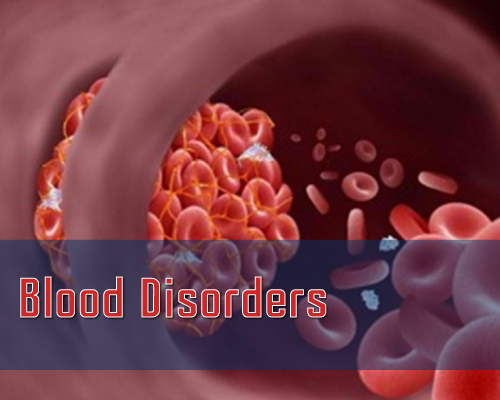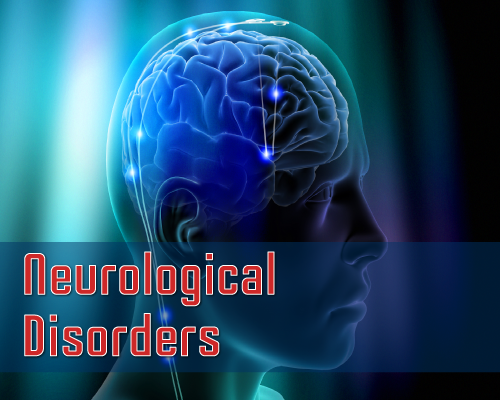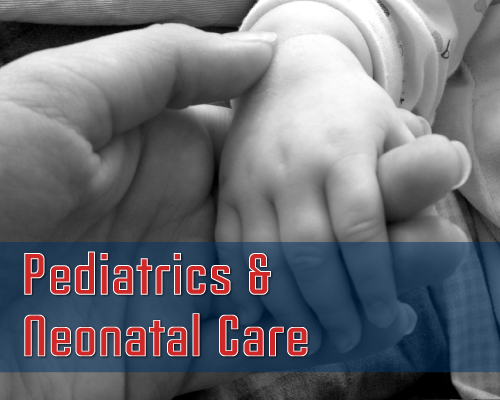Volume 2 Issue 1
Opinion: Money is the Key to Success in Love and Relationships. Psychodynamic Understanding and Treatment of Couple Relationships, Love and Sex
Richard Joseph Wix-Ramos*
The relationships are probably the main problem facing humanity today, and perhaps has been the main problem for thousands of years, only surpassed by the concern to get food and avoid being killed by animals, other humans or climate. However, anthropological stands that physical attractiveness in men is a strong and athletic man attract women, but is not longer a determining factor for choosing a partner, even an important factor. This explains why we see men with money but very unattractive physically with attractive women. Money ist the most important factor in relationships, social intelligence is important to survive in today's society, which money is synonymous of great social skills.
Keywords: Money; Love; Relationships; Sex
Cite this Article: Wix-Ramos RJ. Money is the Key to Success in Love and Relationships. Psychodynamic Understanding and Treatment of Couple Relationships, Love and Sex. Sci J Depress Anxiety. 2018;2(1): 010-021.
Published: 23 May 2018
Research Article: Effectiveness of a Questionnaire Measure of Executive Function in Predicting Treatment Outcomes for Anxiety and Depression Following CBT
Karyn L Healy*, Tian P Oei and Simone Shaw
Previous research shows deficits in Executive Function (EF) deficits in patients with anxiety and depression. Recent studies have shown that EF measured by neuro-imaging and neuropsychological tests predicts treatment outcomes for depression, but it is unclear whether they predict outcomes for anxiety. Neuro-imaging and neuropsychological tests are effective but intensive procedures that may not always be accessible to clinicians. Previous research has explored the viability of questionnaire measures of EF. A previous study suggests that the Revised Dysexecutive Questionnaire (DEX-R) predicts concurrent depression and anxiety; however, it is unclear how comorbidity influenced these results. The purpose of the current study was to investigate whether a questionnaire measure of EF could predict concurrent depression and anxiety and well as outcomes following treatment. A total of 206 psychiatric outpatients with major depression or anxiety disorders completed the DEX-R prior to Group Cognitive Behavioral Therapy (GCBT). They also completed anxiety and depression scales at pre-and post-treatment. Executive dysfunction predicted symptom severity for pre-treatment anxiety after controlling for comorbid depression, and for pre-treatment depression after controlling for comorbid anxiety. Symptom severity in anxiety was predicted by specific executive deficits in inhibition; symptom severity in depression was predicted by executive problems with volition and social regulation. DEX-R significantly predicted post-treatment symptoms of anxiety but not depression following treatment in GCBT. It was concluded that EF deficits are associated with both anxiety and depressive disorders and predict responsiveness to treatment for anxiety patients. Screening of psychiatric patients for EF and, where indicated, incorporation of neurocognitive training strategies into therapy, may improve treatment outcomes.
Cite this Article: Healy KL, Oei TP, Shaw S. Effectiveness of a Questionnaire Measure of Executive Function in Predicting Treatment Outcomes for Anxiety and Depression Following CBT. Sci J Depress Anxiety. 2018;2(1): 001-009.
Published: 09 January 2018
Authors submit all Proposals and manuscripts via Electronic Form!




























